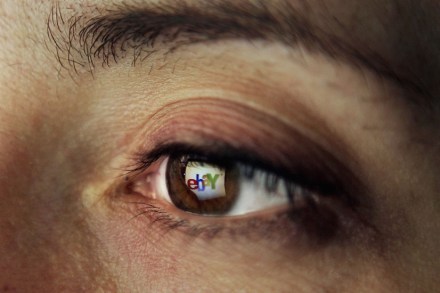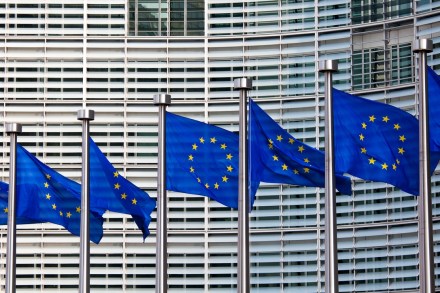What if Covid had struck in the 1970s?
We have reached Covid-19’s first anniversary in the UK — and I really think we should do something fitting to mark the occasion. The actual date is pretty much a moveable feast. The first patient in the UK known to have died of the disease was Peter Attwood, aged 84, on 30 January. But we didn’t know then that he had Covid, finding out only about six months later. On 4 February, the government instructed all Brits living in China to get the hell out and return to the UK sharpish and breathe all over us, as I believe the press statement had it. On 11 February, the little baby




















